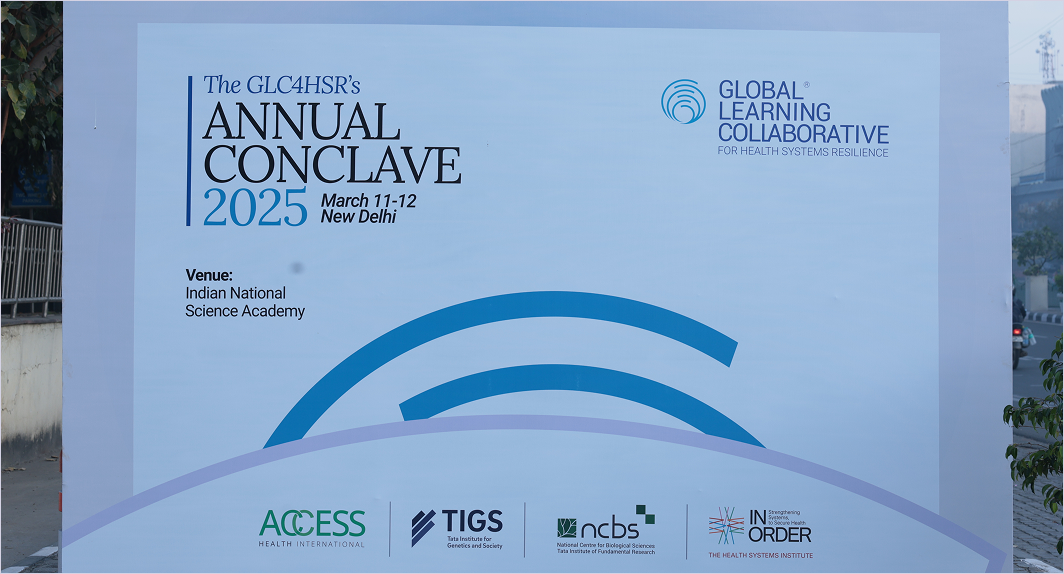On December 14, 2023, the Administrative Staff College of India in Hyderabad hosted a collaborative workshop titled “Towards People-Centered Healthcare: A Workshop on Community Engagement.” Co-organized by GLC4HSR, the University of Arizona’s Mel & Enid Zuckerman College of Public Health, Administrative Staff College of India, and Henry Ford Health, the event aimed to explore the vital role of community engagement in strengthening health systems and defining “community” within the healthcare context.
The workshop delved into the influence of various stakeholders, including special interest groups, self-help groups, volunteers, civil society, and the media, on community participation in health. Over 125 participants, both in-person and online, actively contributed to discussions on real-world applications of community engagement strategies.
As the India convener for GLC4HSR, InOrder is advancing the development of health system resilience tools, focusing on the performance of health security systems and overall health system resilience. These tools will undergo pilot testing at the national, subnational, and local levels across India, Bangladesh, Sri Lanka, and Indonesia through their respective country chapters. The Health Systems Resilience Assessment (HSRA) pilot study has already commenced in India as part of the five-country study under GLC4HSR.
